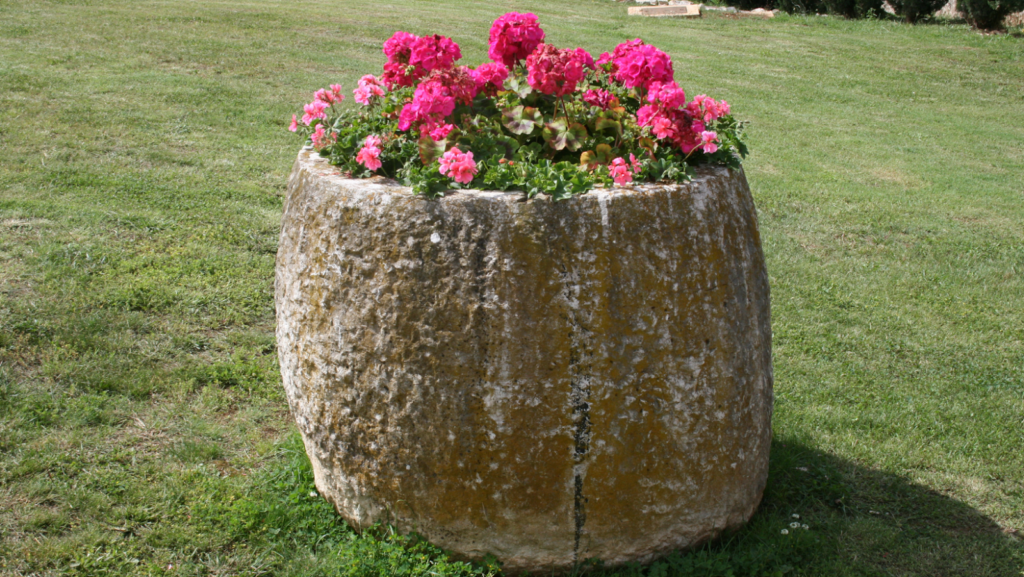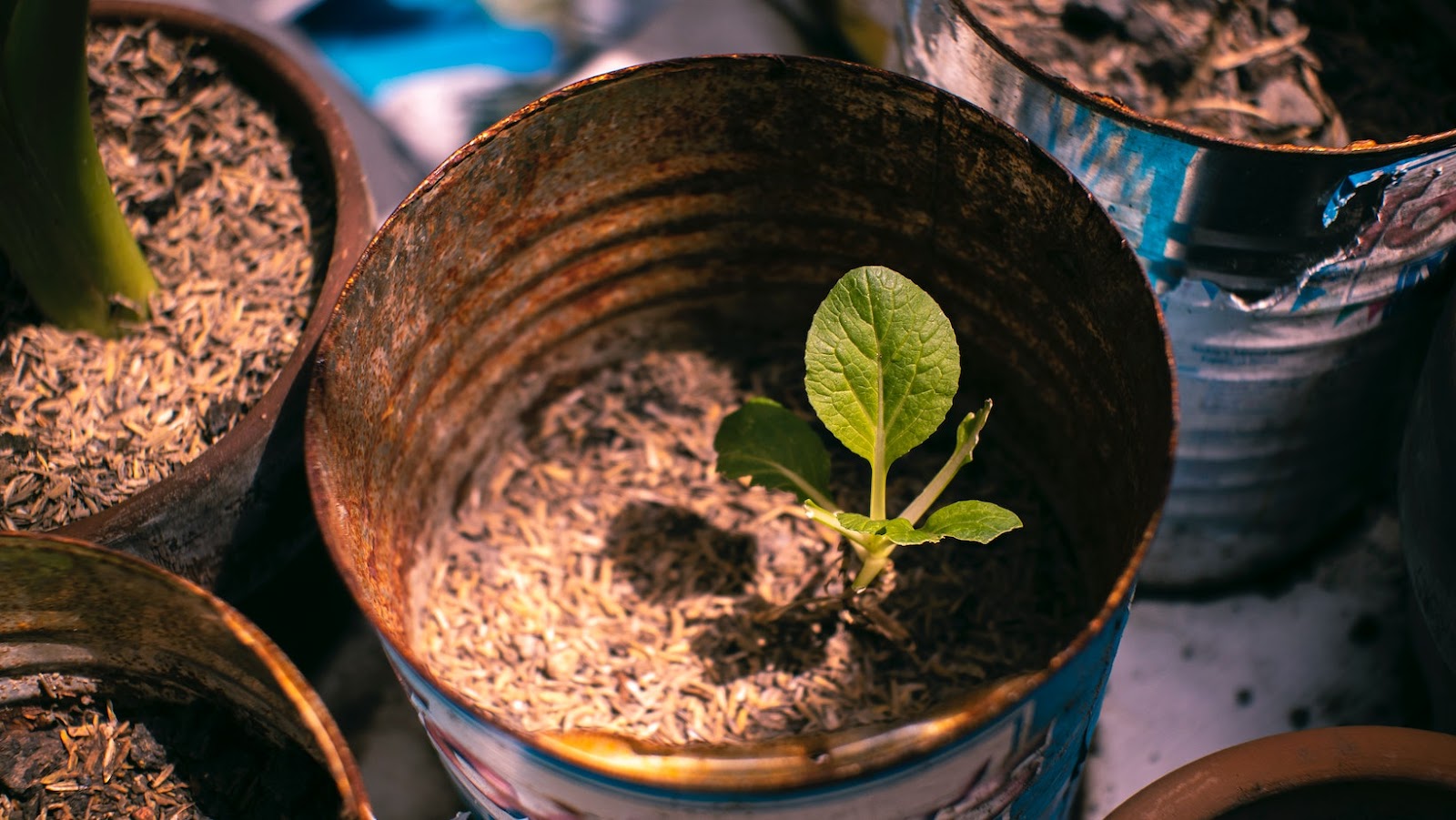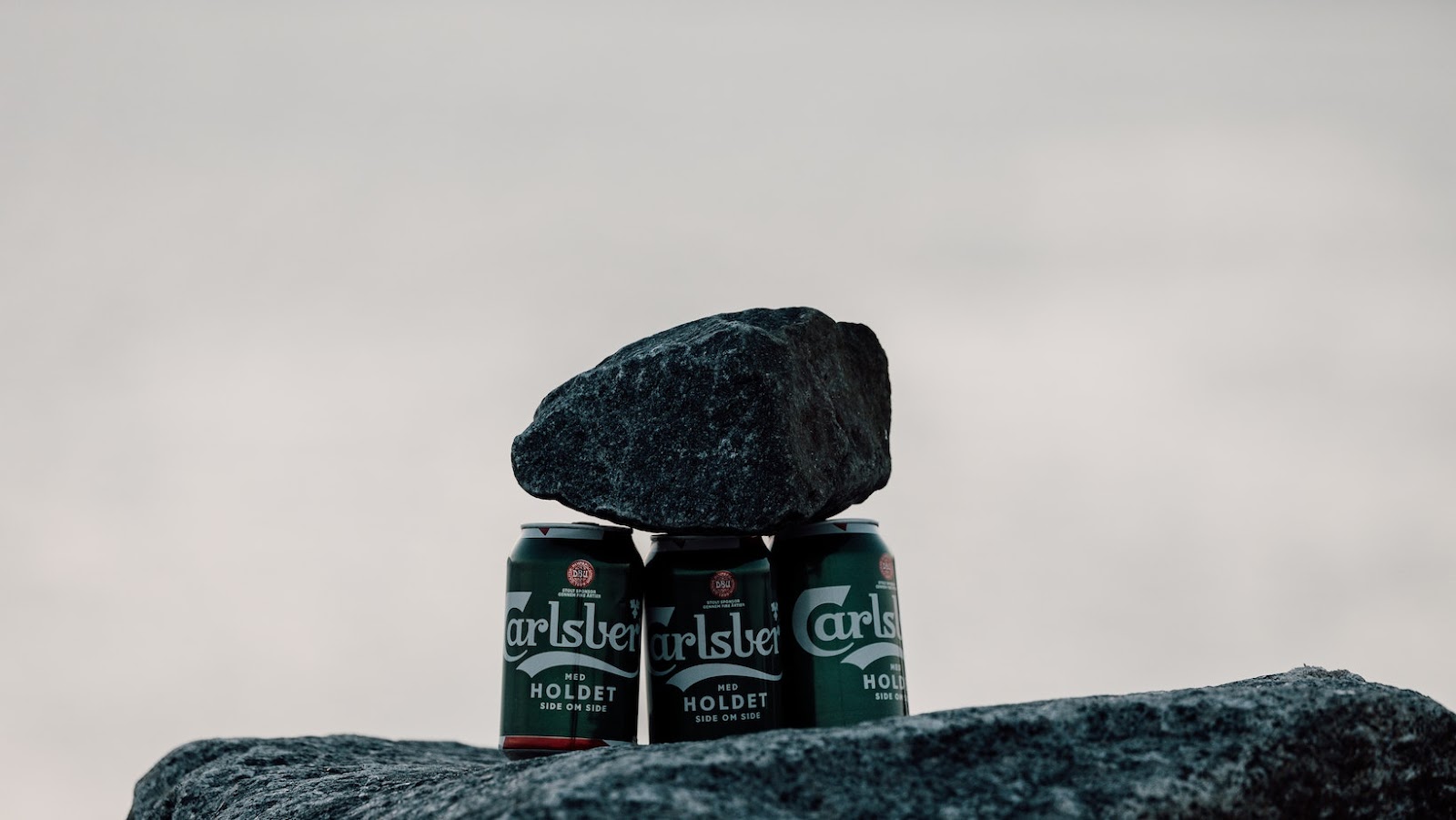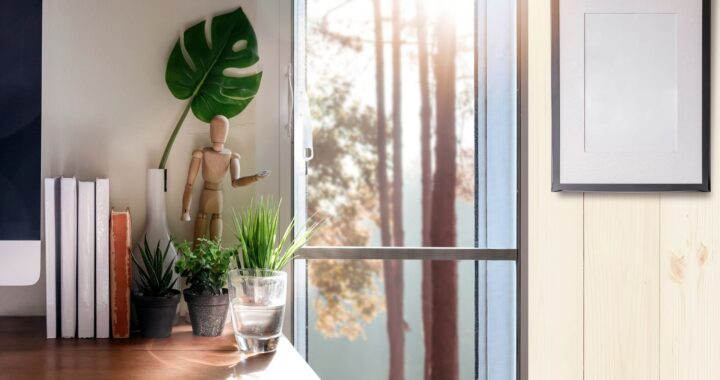Disadvantages Of Using Beer Can Planters

Are you considering using beer cans to create planters for your home? Before you do, it is important to consider the potential drawbacks of this practice. Read on to learn about the disadvantages of using beer can planters and make an informed decision. You deserve the best for your home!
Introduction
Looking for a creative way to grow plants in your garden? While beer can planters may seem like a cost-effective and eco-friendly solution, there are several disadvantages to using them that should be considered before jumping in.
- First, using beer can planters can be harmful to the environment, as they are not biodegradable and cannot be easily recycled.
- Second, beer cans can rust over time, posing a risk to your plants and potentially contaminating your soil with harmful chemicals.
- Finally, beer can planters may not provide adequate drainage for your plants, which can lead to root rot and other issues.
Instead of using beer cans, consider using other eco-friendly and biodegradable materials, like wooden pallets or clay pots, for your gardening needs. Pro tip: Always research and consider the environmental impact before choosing a DIY project for your garden.
DIY Beer Can Planters
Beer can planters are a type of DIY planter made by cutting the top off of an aluminum beer can, punching holes in the bottom for drainage, and filling it with soil and plants. While they may seem like a fun and eco-friendly project, beer can planters actually have several disadvantages.
- First, aluminum is not a breathable material, which means that it can trap heat and moisture in the soil, leading to root rot and other issues.
- Second, beer cans are not very sturdy, and can easily rust or break apart over time, leading to spills and messes.
- Finally, using beer cans as planters can be dangerous, as they may contain sharp edges or residual chemicals from the manufacturing process.
Instead of using beer cans, consider using proper, purpose-built planters made from breathable and sturdy materials such as ceramic, plastic, or metal.
Potential Hazards of Beer Can Planters
While beer can planters are a popular DIY project, there are some potential hazards to keep in mind before using them for your plants. Here are some disadvantages of using beer can planters:
1. Toxicity – The materials used to make beer cans may contain toxins that can leach into the soil and harm your plants.
2. Limited space – Beer cans are small and can only accommodate small plants, which may not have enough room to grow and thrive.
3. Poor drainage – Beer cans have limited drainage, which can lead to over-watering and root rot.
4. Rust and corrosion – Over time, beer cans can rust and corrode, potentially harming your plants and contaminating the soil.

It is important to weigh the potential benefits and drawbacks before deciding to use beer can planters for your plants. If you do choose to use them, make sure to monitor your plants closely and take appropriate measures to address any potential issues. To avoid toxicity and other hazards, consider using alternative materials such as ceramic, plastic or wooden containers for your plants.
Potential Damage to Plants
While beer can planters may seem like a creative way to recycle household items, they can cause potential damage to your plants in various ways. Firstly, beer cans are not designed for planters, so they lack proper drainage holes which can lead to water buildup and root rot. Secondly, beer cans may contain traces of chemicals harmful to plants, such as the ink used for printing the label or the residue of the beer itself.
Thirdly, beer cans can heat up quickly in direct sunlight, causing the soil and plant roots to dry out, leading to dehydration or plant death. Therefore, it’s best to use planters specifically designed for plants and avoid beer cans as a DIY solution to grow greenery.
Potential Damage to The Environment
Beer can planters may seem like an eco-friendly DIY project, but they come with potentially severe disadvantages that can damage the environment.
- Firstly, beer cans are not biodegradable and can take up to 200 years to decompose, leading to them ending up in landfills or littering the environment.
- Secondly, beer cans have a plastic lining that can release harmful chemicals into the soil and eventually, into the surrounding ecosystem.
- Thirdly, beer cans can heat up quickly under the sun’s rays, which can damage the plant’s roots and negatively impact the environment.
In summary, although beer can planters seem like an innovative and sustainable idea for growing plants, their potential damage to the environment cannot be ignored. Instead, opting for eco-friendly alternatives like biodegradable planters can benefit your garden and the environment in the long run.
Limited Longevity of Beer Can Planters
While beer can planters may seem like a creative and eco-friendly way to repurpose your empty cans, there are some disadvantages to using them as long-term planters. One major disadvantage is their limited longevity. Beer can planters are not designed to hold plants for a long time, as they eventually rot and fall apart due to exposure to moisture and natural wear and tear.

Beer cans are also not ideal for plant growth, as they do not provide adequate drainage, which can lead to waterlogging and root rot. Additionally, beer can planters may contain harmful chemicals or residues that can leach into the soil and affect plant health over time. If you still want to use beer can planters, it’s best to use them for short-term plant displays or opt for non-toxic coatings to protect the cans from moisture and rust.
Alternatives to Beer Can Planters
Beer can planters are a popular DIY option for potted plants, but they come with a few disadvantages that can harm your plants in the long run. Here are some alternative options to consider:
- Terra cotta planters: These provide a natural and traditional look that many gardeners prefer. They are also porous and help absorb excess moisture from the soil.
- Coconut coir pots: Made from natural coconut coir fiber, these pots are biodegradable and eco-friendly. They retain moisture well and provide good air circulation for root growth.
- Fabric pots: These are good options for plants that need good drainage. They allow air to circulate around the roots and prevent soil from becoming waterlogged. They are also reusable and easy to clean.
By avoiding beer can planters, you can ensure that your plants have proper drainage, air circulation, and enough space to grow. Pro Tip – Be sure to choose a container that is appropriate for your type of plant and use a good quality potting mix for optimal growth!
Conclusion
In conclusion, while using beer can planters for your plants may seem like a fun and eco-friendly idea, it comes with its fair share of disadvantages. First and foremost, using beer cans as planters can be harmful to the environment if the cans are not properly cleaned and prepared beforehand. Secondly, beer cans are not suitable for all types of plants and may not provide adequate drainage or stability, which can lead to root rot or plant damage.
Lastly, beer cans can rust and deteriorate over time, which can further harm your plants and soil. Ultimately, it is important to weigh the pros and cons and consider alternative, safer and more effective options for planting and nurturing your plants.

 Boost Productivity: The Most Plants to Elevate Your Home Office Space
Boost Productivity: The Most Plants to Elevate Your Home Office Space  Transform Your Living Room Into a Luxurious Home Theatre on a Budget
Transform Your Living Room Into a Luxurious Home Theatre on a Budget  How to Get More Comments on Instagram
How to Get More Comments on Instagram